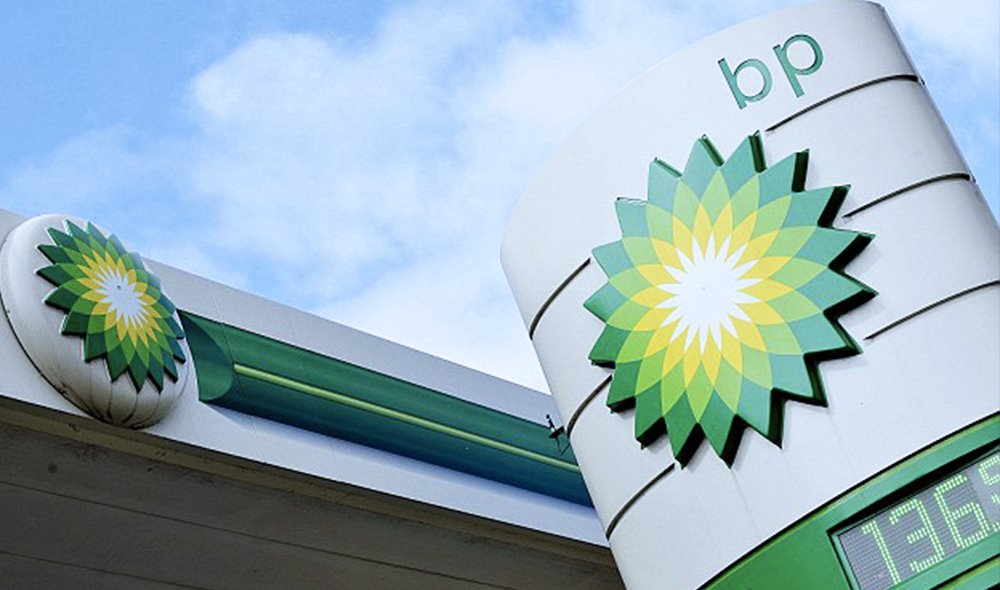
The company, once rebranded as Beyond Petroleum, is now increasing its oil and gas production and selling off some of its clean energy assets.
BP’s capital markets day in late February would be an “exciting” event, CEO Murray Auchincloss told the crowd of analysts and employees at the British oil giant’s London headquarters, his eyebrows raised. He took a sip of water and began: “Today is more than an update,” he said. “Our strategy is being fundamentally reset.”
Even that may have been an understatement. Five years ago, with much fanfare, BP launched plans to lead Big Oil into the energy transition—investing heavily in green power while promising to axe oil and gas production by an astounding 40% by 2030 and aiming for zero net emissions by 2050. Then CEO Bernard Looney told Fortune, “I really think this direction is unstoppable,” adding, “Without action, it is a rather bleak future for the world.”
Be that as it may, the approach hasn’t impressed investors. BP didn’t fall into any obvious green energy boondoggle. Under Looney (who left in 2023), the company dived aggressively into wind, solar, and electric-vehicle charging infrastructure.
But profit margins in wind and solar weakened, and the EV adoption curve moved slower than expected, making BP’s big moves look premature. That, coupled with the loss of political will behind clean energy subsidies in the U.S., has made it clear that oil and gas will remain dominant for longer than green advocates had hoped.
Meanwhile, BP’s scaling back on oil and gas production came amid surging fuel and power demand after the pandemic, an ongoing Russian war in Ukraine, and a burgeoning AI construction boom. Just as oil and gas became highly profitable again, BP had less of it to sell.
Now BP is formally changing course. The company said in February that it will increase oil and gas exploration and production spending by almost 20%, while selling off many clean energy assets—part of $20 billion in overall divestments through 2027.
Auchincloss said in an interview with Fortune "BP’s dive into the energy transition went “too far too fast” and became “wickedly capital-inefficient.”
“We just chased too much. We should have narrowed that. That’s obviously what I’ve done now,” Auchincloss said, adding that BP will add extra oil and gas volumes while still investing at a more modest pace in renewable energy. “Stick with what you’re good at and continue to grow…because that’s what nations want.”
Full article 'Too far, too fast': BP’s painful retreat from the renewables it once championed | Fortune